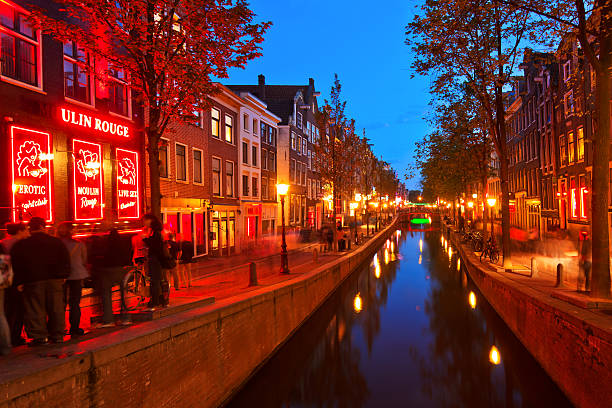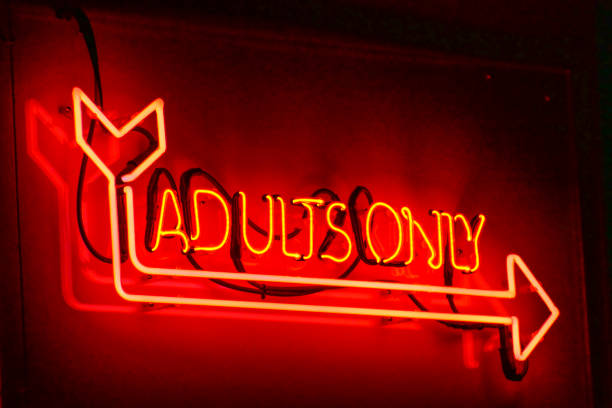Introduction
The Red Light District in Amsterdam is a fascinating characteristic of this city. It has a liberal attitude towards prostitution and cannabis, which attracts people from all over the globe. This article goes into the belly of the district, detailing its peculiarities and legal framework as well as dynamic nightlife. This guide gives a lucid glimpse into an area that, for all its infamy and icon status, remains one of the defining characters within this often misunderstood yet cherished part of Amsterdam.
Amsterdam Red Light District
Without question, one of the most well-liked tourist destinations in the city is the Red Light District in Amsterdam. There is plenty to see and do here if you want to take a walk on the wild side with your eyes closed. It is not for everyone and can be easily avoided.
While not permitted in public spaces, prostitution is legal in the Netherlands. Thus, you can witness the well-known neon lights reflecting onto the surrounding canals and the law-abiding, tax-paying prostitutes hiding behind windows in skimpy attire in Amsterdam. In addition, there are brown cafes, coffee shops, restaurants, strip clubs, and sex shops.
When To Visit Red Light District Amsterdam
You can come at any time of day, and you might even find yourself strolling through the neighborhood while you are in Amsterdam exploring other areas. However, if the experience is what draws you, it is truly a nighttime attraction. Neon lights the streets as night falls, and everything opens up, changing the overall atmosphere.
Evenings are generally quieter during the week, but younger people, mostly from the U.K., congregate on Fridays and weekends for stag and hen parties. This may intensify the raucous atmosphere. A weekday evening will probably provide you with a more sedate experience if all you are doing is taking a quick look around to declare that you have seen it.
Why Is The Red Light District Famous?

Sex workers in De Wallen, also referred to as the Red Light District, engage in legal window prostitution, where they ply their trade behind tiny windows. Since it is illegal to prostitute on the streets, sex workers hide behind more than 300 windows.
The workers split into two shifts, roughly day and night, and work from 8:00 a.m. to 3:00 a.m. behind their windows. Visitors knock on a window to discuss a price in order to hire a prostitute. After settling on a price and service, the client goes into the space behind the glass viewing area.
The legalization of prostitution, in addition to the sale of cannabis in coffee shops in the Netherlands, has given new meaning to drinks like Americanos, tea, and mochas.
Conclusion
Amsterdam Red Light District is a diverse, multilayered area that at once reflects Amsterdam’s liberal attitudes along with its identity as an ancient city. It is a place where the unusual becomes ordinary, changing perspectives and providing something distinctive. While it’s definitely not the spot for everyone, this district demonstrates Amsterdam as an open city embracing other cultures. If you come here for a quick stroll or to venture more deeply, the Red Light District will remain an exciting page in Amsterdam’s pulsing city saga, offering alternative views on the urban life tapestry.

